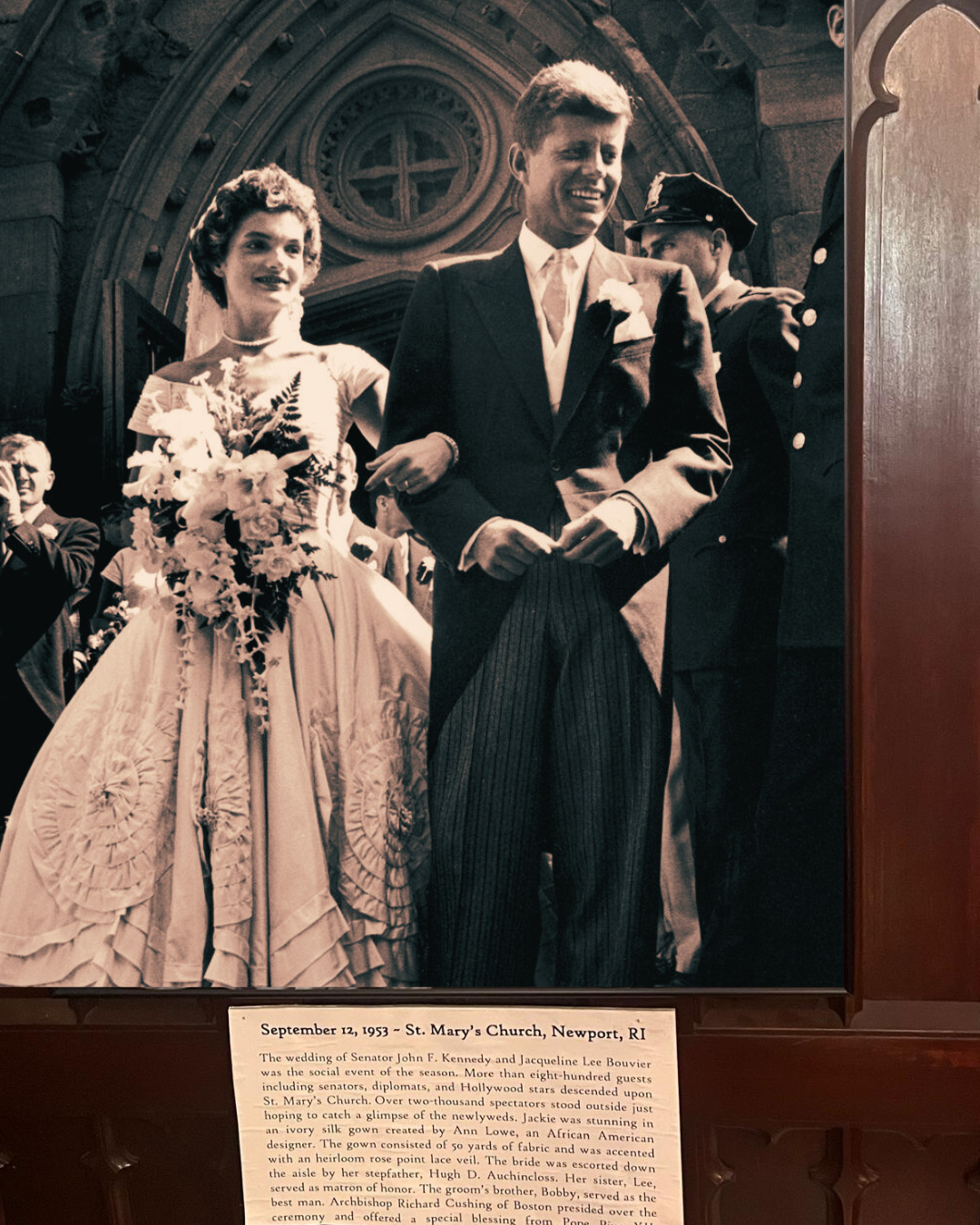Rhode Island Just Did What No US State Has Done Before And It Changes the Game for Menopause at Work
When I first read the headline “Rhode Island becomes the first state to require workplace accommodations for menopause”, I felt that familiar, low-grade mixture of relief and vindication that comes when a common-sense change finally shows up in law. Relief, because for too long the workplace has treated menopause at work like an awkward footnote. Vindication, because the cost of ignoring it has been quietly devastating for elite women leaders and the companies that depend on them.
If you’re a C-suite woman, a founder scaling fast, or an aspiring leader lining up for promotion, this matters, and not in a soft, “nice-to-have” way. This is a commercial issue. Its a career issue. And its every workplaces issue too. It’s about decision speed, risk appetite, promotion readiness, and the economic friction that unseen symptoms of menopause in women leaders can create.
What Rhode Island actually did and why it matters
Rhode Island amended its employment law so that employers must provide reasonable accommodations for menopause-related conditions, including, explicitly, the need to manage effects such as vasomotor symptoms (hot flushes) and other menopause impacts. That means employers in that state must take menopause at work seriously as a workplace condition and consider adjustments where appropriate.
Why that’s important:
It reframes menopause from a private health issue to an employment and performance issue.
It forces HR and leadership teams to build policy responses rather than rely on ad-hoc sympathy.
It signals to senior leaders that managing menopause isn’t a personal failing, it’s a business risk to be mitigated.

Fiona McKay visits Rhode Island's Jailhouse Inn.
Why was this legislation introduced?
Senator Lori Urso said that over 10% of the Rhode Island workforce is women of menopausal age from 45-59. Despite this percentage, Urso said women refrain from talking about their menopausal symptoms in the workplace to avoid judgment or unfair treatment.
To deal with their symptoms, women often begin working fewer hours, taking on lower roles and not pursuing leadership positions in the workplace, according to Urso.
If you’re a US woman leader in the room here's the frontline implications
This law won’t (and shouldn’t) dictate the clinical choices you make. But it changes the conversation you can have with your employer.
Here’s what to take away, right now:
You can ask for practical adjustments without having to frame them as a “special favour.” Reasonable accommodation is the language to use.
Practical changes could include flexible schedules around adjusted travel expectations, or temporary changes to meeting loads. Law & the Workplace has a useful explainer on likely reasonable accommodations.
Keep records. If you’re having conversations with HR or a manager, document requests and outcomes, which is really critical.

The Kennedy wedding at St. Mary’s, Rhode Island, a moment in history. Now history is made again as Rhode Island becomes the first state to protect menopause at work
If you’re an HR leader or CEO: three commercial-first moves to act on today
Audit the risk and run a workplace diagnostic that reveals the data. Map which senior roles and pipeline positions are most exposed to menopause-related friction (heavy travel, public-facing responsibilities, compressed meeting schedules). Then take The NOPAUSE Advantage Workplace Scorecard to reveal hidden risks and show exactly where menopause is costing your pipeline, performance and profitability. The NOPAUSE Advantage Workplace Scorecard is the world’s only diagnostic that delivers personalised precision scores with detailed data points so you can prioritise action where it moves the needle most.
Design a confidential strategy, reward and benefits offerings linked to outcomes. Build standard accommodation options for leaders (travel reprieve, adjusted meeting loads, temporary public-facing duty changes). But that's just the basics. Reasonable accommodation is just the start. Retention and attraction is key. Recent research has shown that menopause benefits are craved by women leaders and are the very thing that they would move to a competitor for over a pay rise or promotion. You can learn more about the menopause benefits rewards research here. Tie each accommodation to a measurable business outcome e.g., restored decision-window, promotability preservation, pipeline progression, retention of top talent.
Put menopause onto governance and succession agendas. Train the board and senior managers. Make menopause a governance topic so it reduces stigma and protects succession. For current executives and those in the pipeline at C-suite level to C-3, deploy the NOPAUSE Menopause Method a targeted and multi-award winning career and exec coaching method exclusively for women leaders to restore performance, presence and promotability.
The reframing that actually matters to your career
You didn’t build a career at the top by waiting for permission. But if your company refuses to recognise the biological reality of menopause at work and its impact on executive performance, you risk:
delayed impact and influence
risk aversion at critical moments,
stalled performance, and progression because promotability shows up in moments of decisive action.
When menopause becomes a legitimate workplace strategy as Rhode Island has modelled, it allows high-performing women to retain control of their impact and companies to retain the leaders they’ve invested so heavily in.
Here's a fast, pragmatic checklist you can use today
Ask HR: “Do we have formal guidance for menopause accommodations? If they don't refer them to the new legislation.
Take the NOPAUSE Scorecard to reveal hidden risks and show exactly where menopause is costing your performance, progression and promotability. It’s the world’s only diagnostic for current C-suite women and aspiring C-suite women executive leaders that delivers personalised precision scores on the hidden risks menopause is creating for your career and the fast fixes to restore your career momentum.
Consider engaging with a personal menopause coach - the NOPAUSE method is designed exclusively for current executives and aspiring C-suite women leaders to keep women leading without limits so they can keep scaling their careers and their companies with NOPAUSE though all stages of peri to post menopause.
What this means for the market and for The Menopause Maze
This is the start of a structural shift. When menopause law catches up, markets follow: corporate policies, benefits brokers, occupational health, executive search and board governance will respond. Organisations that act now will protect talent and preserve momentum. Those that don’t will watch executive attrition and hidden performance declines.
A personal note and why Rhode Island feels fitting
We launched The Menopause Maze in New York in October 2024, and whilst I was there I loved visiting Rhode Island - there the coastline, the history, the incredible food and of course the wonder welcome. I even stood in the very church where JFK married Jackie Kennedy. It felt fitting that a place with such world changing American history is now making meaningful history for working women too.
